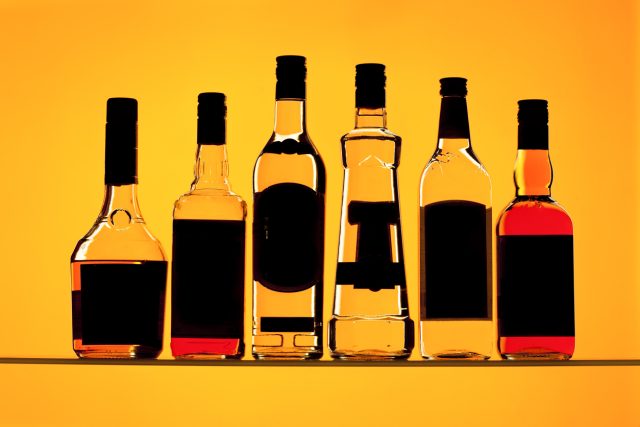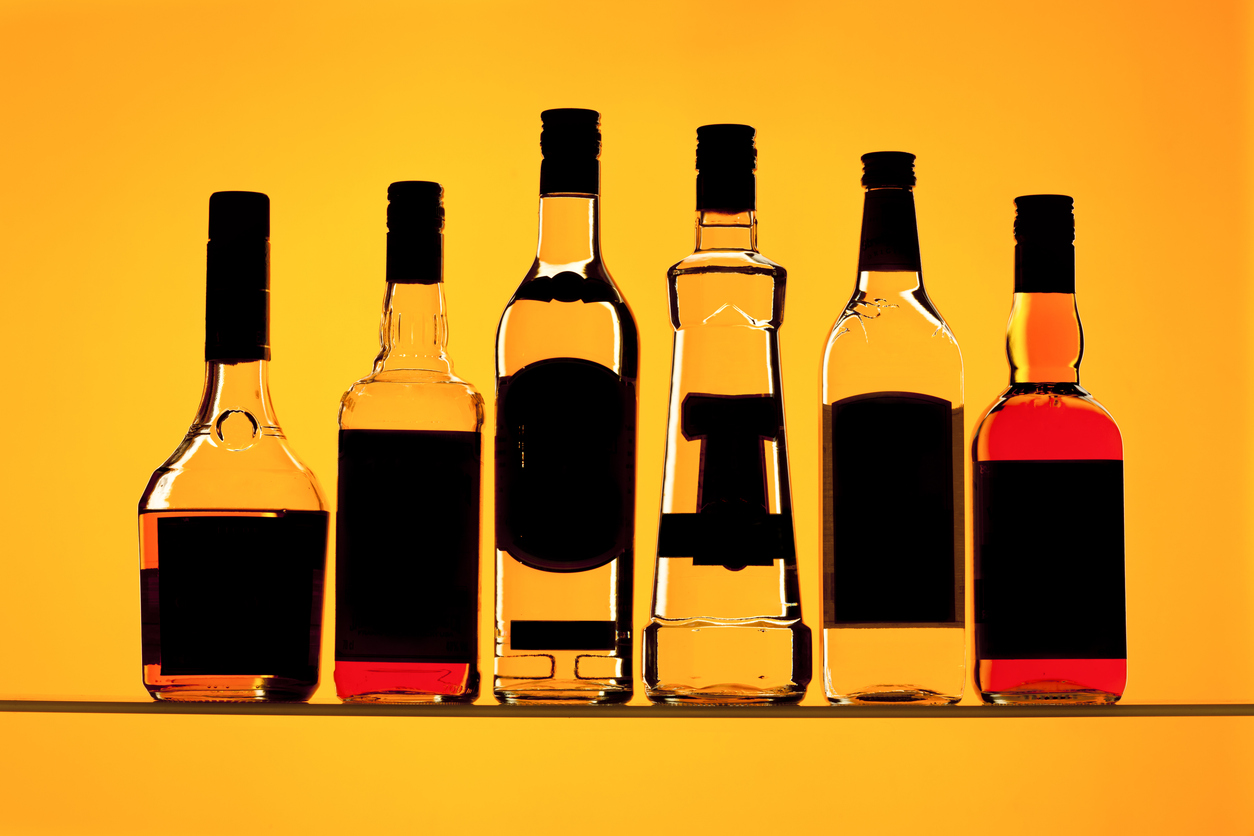Ireland’s plan to place explicit cancer warnings on alcoholic drinks has been pushed back to 2028 following pressure from industry and trade partners. Health experts say the move risks setting back efforts to inform consumers of alcohol’s cancer risks.

Ireland became the first EU country to legislate for mandatory cancer warnings on alcohol when its Public Health (Alcohol) Act was passed in 2018. The labels, scheduled to appear from May 2026, would state: “There is a direct link between alcohol and fatal cancers,” alongside warnings on liver disease and pregnancy risks
Dublin formally notified the European Commission in mid-2022 and, after a six-month review, received the green light to proceed. No EU law was cited to block the plan. The measure would have made Ireland the second country in the world, after South Korea, to introduce cancer warnings on alcohol.
Public health advocates called the law “world-leading.” But after a sustained lobbying campaign from alcohol producers and trade partners, the Irish Government announced in July 2025 that implementation would be postponed to September 2028, citing “the current international trade environment,” as stated on drugsandalcohol.ie.
Transatlantic pressure mounts
In early 2025, industry lobbyists seized on US trade policy as a new line of attack. As the Trump administration imposed 25% tariffs on EU alcoholic beverages, Drinks Ireland, which represents brewers and distillers, met with the Irish Prime Minister, warning of “hardship” and explicitly requesting a delay to the implementation of cancer labels. They also stressed that “the cancer warnings were opposed by the Trump administration,” as reported by the drinks business.
The US Office of the Trade Representative (USTR) had already raised formal objections at the World Trade Organisation in March 2024, describing the proposed labels as “costly” for exporters and a trade barrier. Brewing giants Heineken and AB InBev held meetings with USTR and White House staff in early 2025 to discuss tariffs and Ireland’s labels, The Irish Times also reported.
European lobbying and political resistance
Alcohol multinationals also fought the policy within Europe, warning the Commission that it would “fragment the single market” and violate EU trade rules. Thirteen EU member states, led by Italy, France and Spain, opposed Ireland’s proposal through the Commission’s feedback process.
Despite these objections, then health commissioner Stella Kyriakides deemed the warnings “proportionate to the scale” of harm, and in late 2022 the Commission confirmed it would not block the law. Italy’s agriculture minister attacked the labels as a “direct attack” on wine and “Mediterranean culture”.
At the European Parliament, industry influence succeeded in watering down broader health measures. During the 2022 debate on the Beating Cancer Plan, proposed alcohol warnings were removed from the text and replaced with calls for “moderate and responsible drinking” messaging. A planned ban on alcohol sponsorship in sport was also weakened.
Manufacturing doubt about cancer risk
In parallel with lobbying, Drinks Ireland commissioned a report from US consultancy Gradient. Toxicologist Julie Goodman argued there was “no consistent association” between moderate drinking and most cancers. Goodman previously produced analyses for tobacco companies suggesting “light” cigarettes carried lower risks, according to Public Integrity.
WHO experts called the Gradient report “very misleading.” WHO maintains that alcohol is a Group 1 carcinogen and that no safe level of consumption exists. Even one drink a day can increase the risk of cancers of the breast, colon, oesophagus, mouth, liver and throat, as stated on who.int.
Public health stakes
Alcohol causes an estimated 111,000 new cancer cases annually in the EU, or around 4.1% of all cancers, according to WHO. It is a proven cause of seven types of cancer, including breast and colorectal cancer.
Despite this, awareness remains low. Only 15% of Europeans know alcohol can cause breast cancer and less than 40% link alcohol to liver cancer. Dr Hans Kluge, WHO’s regional director for Europe, has called clear cancer warnings “a cornerstone of the right to health” because they “empower individuals with vital information.”
Industry countermeasures
Facing regulation, the alcohol sector has promoted QR codes and “moderation” messages as alternatives to warnings. When the EU required ingredient and calorie labelling in 2023, most producers opted for QR codes. Yet WHO research found only 0.26% of consumers scanned them for health information.
Brewers like Heineken continue to frame alcohol as part of a “balanced lifestyle” when consumed in moderation, according to company websites. Public health experts argue this messaging softens perceptions of risk.
Delayed, but not defeated
Ireland’s cancer warning law remains in place, but its start date is now September 2028. The health minister has confirmed that only the timeline has changed, not the legal requirement.
Health campaigners have condemned the delay. Sheila Gilheany of Alcohol Action Ireland warned it risks derailing the proposal altogether. “To get an EU-wide label would take forever,” she said. “And if it ever came, it would likely be watered down.”
The Irish case has become emblematic of the power of the alcohol lobby in Europe. It also reflects growing international debate over whether alcohol, like tobacco, should carry clear cancer warnings. WHO maintains that such labels are “essential for raising awareness”.
Related news

